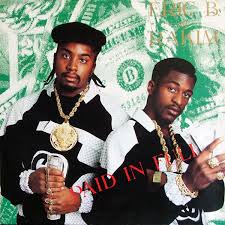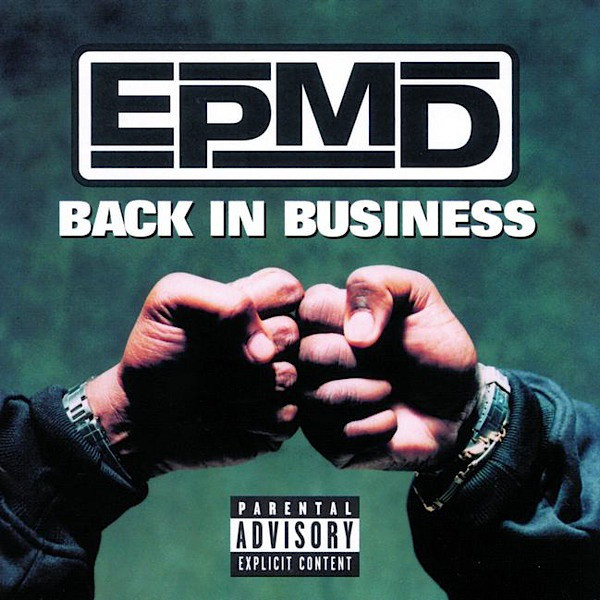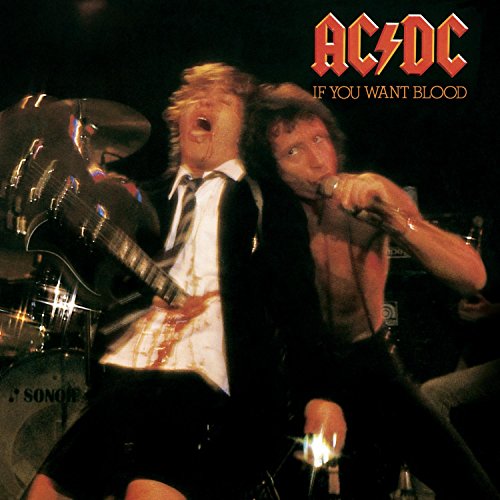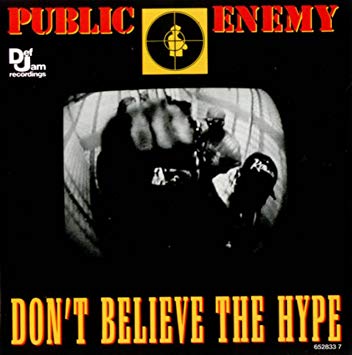Long tail keywords are often hailed as the understated heroes of search: they are cast as the SEO’s saviour and the PPC specialist’s best friend.
Hmmm: not convinced.
Here’s how the story goes.
In terms of SEO…
Long tail keywords are said to be where competition is less fierce – and so offer low hanging fruit ready for the rankings.
And for PPC…
Long tail keywords, we are told, are where the cost per click obligingly lowers.
For both SEO and PPC…
The long tail is thought to offer a more ‘highly-interested’ search intent – with strong buying signals on display and a guaranteed end of funnel customer using them.
Hell, I waxed lyrical about long tail keywords here – as part of my Fast Track SEO Course – so, if you’re playing catch up it’s a good place to find out exactly what the long tail is.
But, unfortunately, I’m about to pop the long tail’s bubble.

My focus here is PPC – and I’m asking you: are long-tail keywords still doing it for advertisers in 2018, or has the fairy tail finished?
(See what I did there?)
First up, it’s time to pay some dues.

The info used as here was first published on Econsultancy’s excellent blog in a post provided by Wesley Parker, the Managing Director of Clicteq.
Respect to both Wesley, Clicteq and Econsultancy…
… And now down to business.

*SPOILER ALERT*
Wesley uses data from Clicteq and PPC Hero studies to unleash the almost blasphempous belief that long tail keywords are (gasp) well past their use-by date.
According to the traditional view, as much as 70% of traffic comes from the abundance of long-tail keywords battling off the might of the few head terms.
But recent case studies beg to differ. They suggest that as much as 52% of traffic is generated by single phrase keywords.
*Face palm*
Search stats are always open to interpretation and dispute – so let’s just leave that just-dropped clanger hanging as we look into some more verifiable arguments against the marriage of long-term keywords and PPC accounts.
Wesley iconoclastically argues that:
1. You save 33% of your time if you work just on your top 20% of keywords than if you work on keywords that contain four or more words.
2. In addition, 90% of your impressions are generated by search terms that contain four words or fewer.
(Which means the long tail only accounts for 10% of all paid search traffic and not the 70% that has somehow become the gospel for search stats.)
3. For keywords that contain four or more words you need to add 200 of the pesky blighters to generate just one (hardly game-changing) click each month.
(So identifying these keywords is a waste of your time and simply serves to make your PPC account harder to manage.)
And Wesley doesn’t just say this: he backs each point up with data.
You want proof? We got it!

!!!!!!!!!!!!!!!!!!!!
You are 33% more time-effective when working on the top 20% of your keywords than working on keywords that contain four or more words.
!!!!!!!!!!!!!!!!!!!!
PPC Hero found that keywords that are 5+ words in length:
- Generated only 15 out of 608 conversions (a measly 2.4%)
- And it took a massive 138,638 keywords (a PPC management headache on a stick) to get these
Conclusion:
If you were to spend your time optimizing the top 20% of keywords
(that generate 85% of your conversions),
instead of the keywords that are 4+ words in length,
you could take a regular holiday and still hit the same results.
Think about it: Wordstream calculated that increasing your Quality Score from five to seven reduces your CPC by 26%.
Go ahead and do this for all your keywords that are 4+ words in length and you’ll see a 0.62% decrease in CPC across your account.
Now do it instead to your top 20% of keywords and the CPC across your account drops by 20.80%.
And that is 33x more effective.
!!!!!!!!!!!!!!!!!!!!
Swapping all of your short tail keywords for long tail keywords would lose you 90% of your impressions and 80% of your conversions.
!!!!!!!!!!!!!!!!!!!!
You want to see some raw data? Well, here it is, you excel-fiend.
This shows the number of impressions and conversions for keywords depending on the number of words within the search term.

You can see for yourself that that 434 conversions out of 532 were generated by keywords between 1-4 words long. That’s 82% of the total number of conversions.
You can also see that only 98 conversions were generated by search terms that were 4+ words long. That’s only 18% of the total conversions.
Furthermore 95% of all impressions came from search terms that were four words in length or fewer.
Conclusion:
The assumption that 70% of all impressions are long tail is well off the mark.
Here we have 86% of impressions being 1 – 3 words
and 95% of impressions being 1 – 4 words.
In addition 82% of conversions are from keywords of 1 -4 words.
!!!!!!!!!!!!!!!!!!!!
You need to manage 200 keywords containing 4+ words to generate just one click a month
– what are you, made of time?
!!!!!!!!!!!!!!!!!!!!
One of the biggest issues with catching long tail search queries with exact keywords is that you need so many of the tiny littke blighters.
Here’s what Sam Owen from PPC Hero found:

(Source)
Beyond four or five keywords you need a calculator with a lot of space for decimal place points to see anything registering at all.
To generate just one impression, you would need an average of 10 keywords that are 4+ words long. And to generate just one click each month (at a 5% CTR) you would need 200 keywords on average.
What’s more, if your long tail keywords are generating 0.1 impressions per keyword per month then you would have to wait about 100 years to get enough data to make a statistically accurate bid judgment (even at a generous 10% CTR).
Conclusion:
If you are aggregating bids
you may just as well use shorter tail keywords
set to phrase or broad match types
to capture these queries.
!!!!!!!!!!!!!!!!!!!!
Long tail…
Fairy tale.
Don’t believe the hype.

Suckers, liars, get me a shovel
Some Google Ad Gurus I know are damn devils
For them I say, don’t believe the hype
(Yo, Chuck, they must be on the pipe, right?)
Their pens and pads I’ll snatch cause I’ve had it
I’m not a addict fiending for static
I’ll see their tape recorder and I grab it
(No, you can’t have it back, silly rabbit)
I’m going to my media assassin, Harry Allen—I gotta ask him
(Yo, Harry, you’re a writer—are we that type?)
Don’t believe the hype
